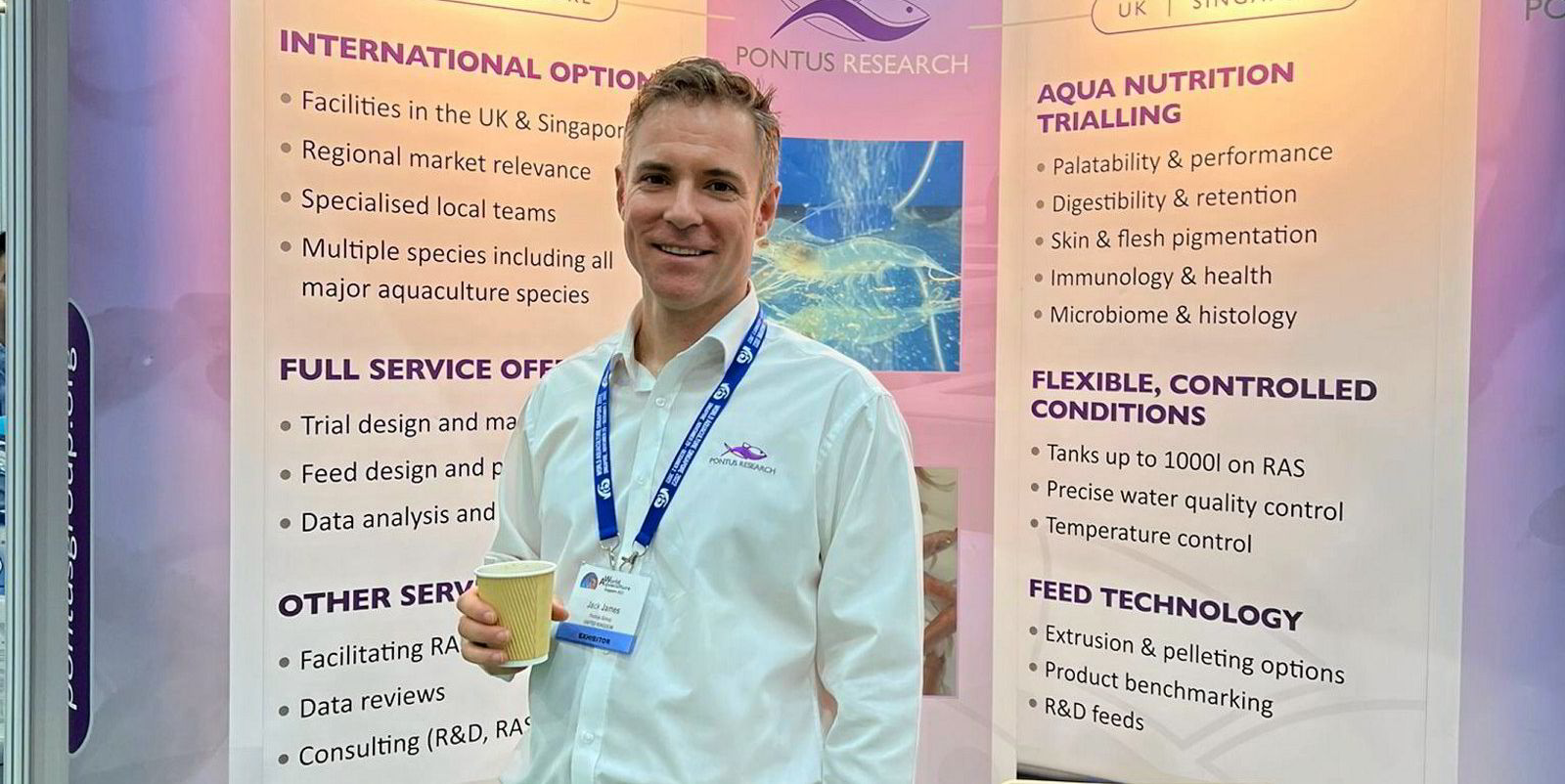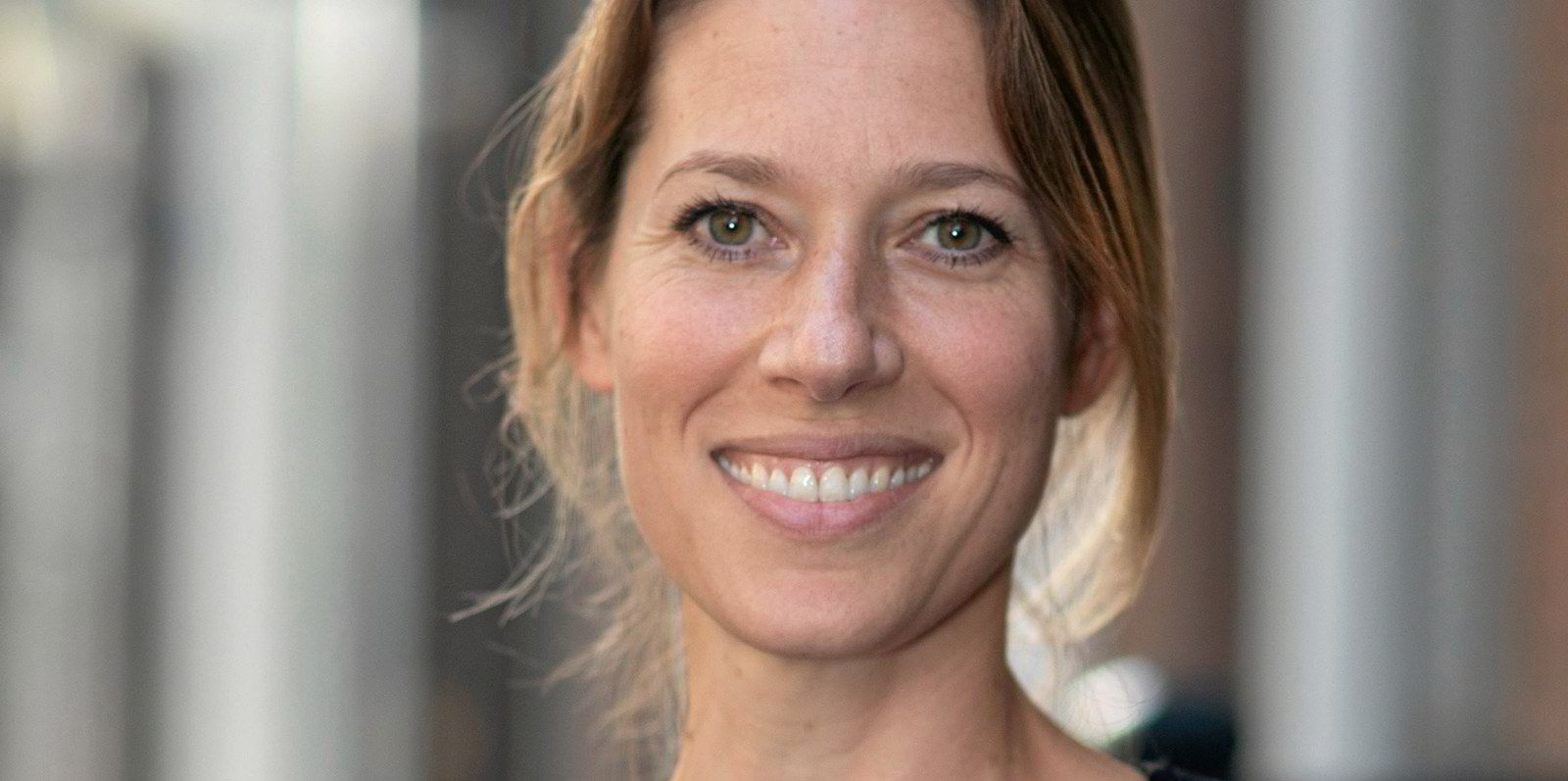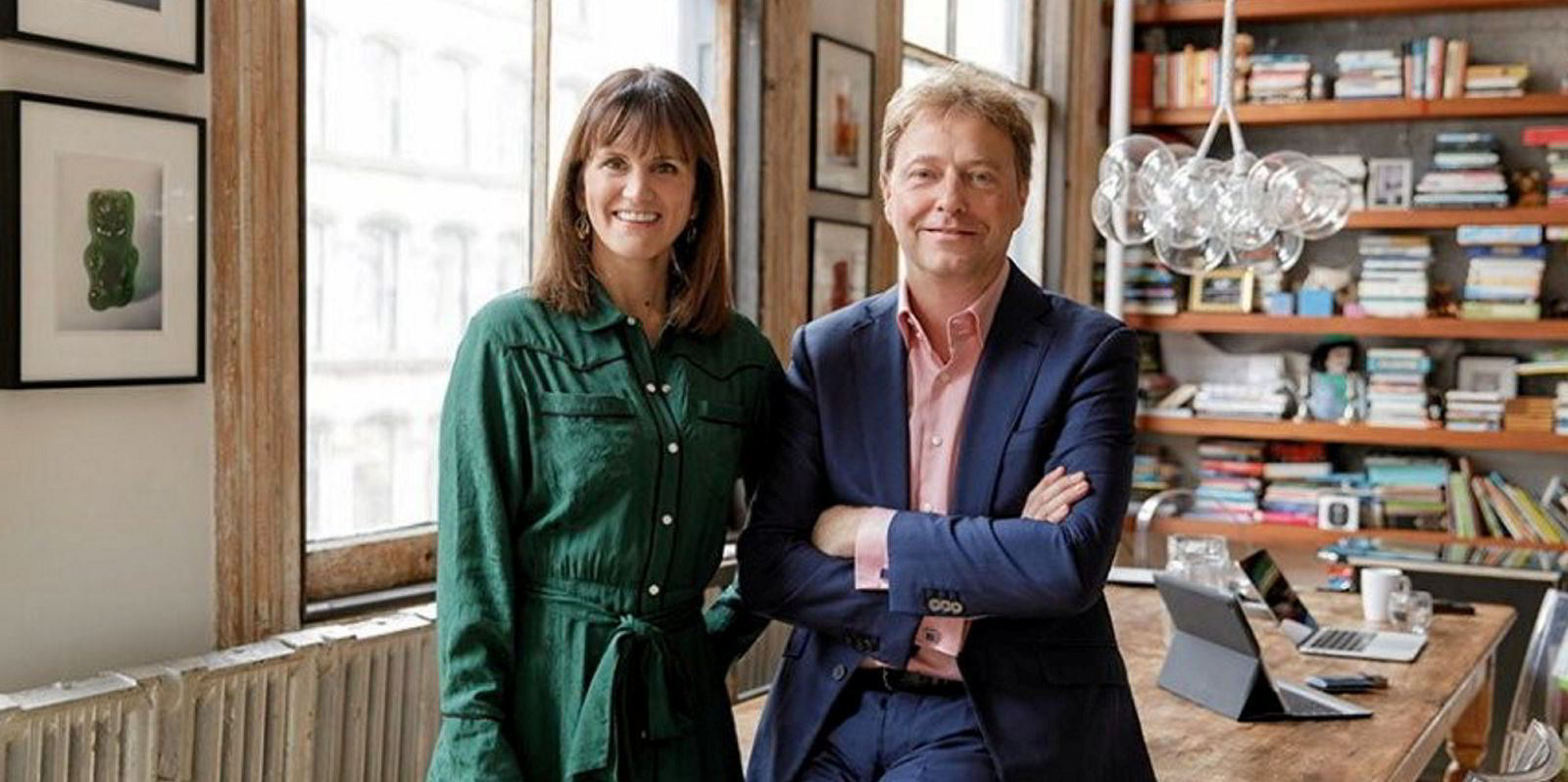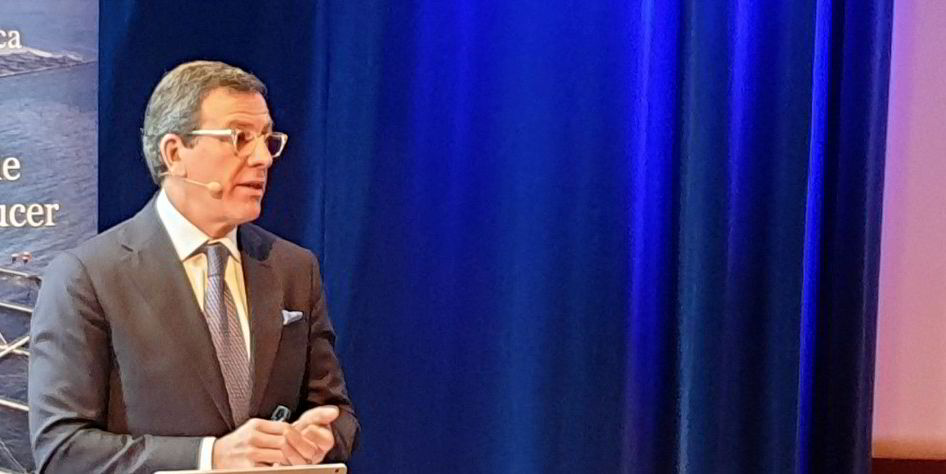The UK's indoor shrimp industry is far away from sizable commercial scale, but one group wants to find out if the sector can rely on feed supplied from within the UK.
Jack James, founder and managing director of Wales-based research company Pontus Group, has been tracking shrimp recirculating aquaculture system (RAS) projects in the the UK, and sees that while they hold promise, they continue to lack one key element to make the locally grown, circular economy case so critical to buyers and investors.
In a conversation with the owner of a now defunct UK indoor shrimp project, James said the issue became clear.
“At the time, this shrimp company produced vannamei shrimp for the UK restaurant trade, and their hook was sustainability and local production, but they still had no other option than buying their feed from America,” he told IntraFish.
“The company’s sustainability story was not supported by the feed."
Pontus Group has since launched a feasibility study, InSuRAFeed, to make high-quality feed using ingredients exclusively sourced from the UK. The project is partly funded by the European Maritime and Fisheries Fund (EMFF) through the Welsh Government.
"We are trying to be proactive, so if we can develop this concept further this year, by the time the UK RAS farmers are ready to buy feed, we will be ready and have a working concept,” James explained.
Current shrimp projects in the United Kingdom have the a potential to produce 10,000 metric ton of RAS farmed shrimp within 10 years, and these shrimp could require more than 20,000 metric tons of feed, James said.
Some of these early-stage projects in the country include Gloucestershire-based Land Ocean Farm and Lincolnshire-based Flo-Gro Fresh. Other projects are in planning stages, with fundraising efforts underway.
Pontus is in talks with commodity traders and alternative feed producers to identify which ingredients could be offered to replace traditionally imported raw materials.
“Once we have got a preliminary basket of ingredients, we will see how it works together, and the most promising formulas will eventually be produced and trialed," James said.
The company is under no illusions it can compete with larger feed companies, but sees a growing niche for small-batch production for specific RAS operators in local markets.
The company also has a Singapore-based research center for trialing regional warmwater species that opened in 2020, and hopes to eventually replicate its business concept in Asia.
The company, which now employs 14, was founded in 2014.
Read more
- Nutreco, Klaas Puul and novel feed suppliers crafted a plan to put a new kind of shrimp into retail stores. Here's how it came together.
- This biotech startup says it has the solution for building a new freshwater shrimp farming industry: Get rid of all the males
- Salmon farmers dominate top 10 ranking of sustainable protein investments, with Mowi on top




